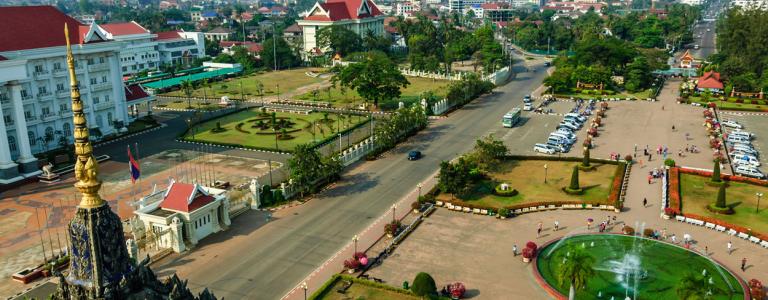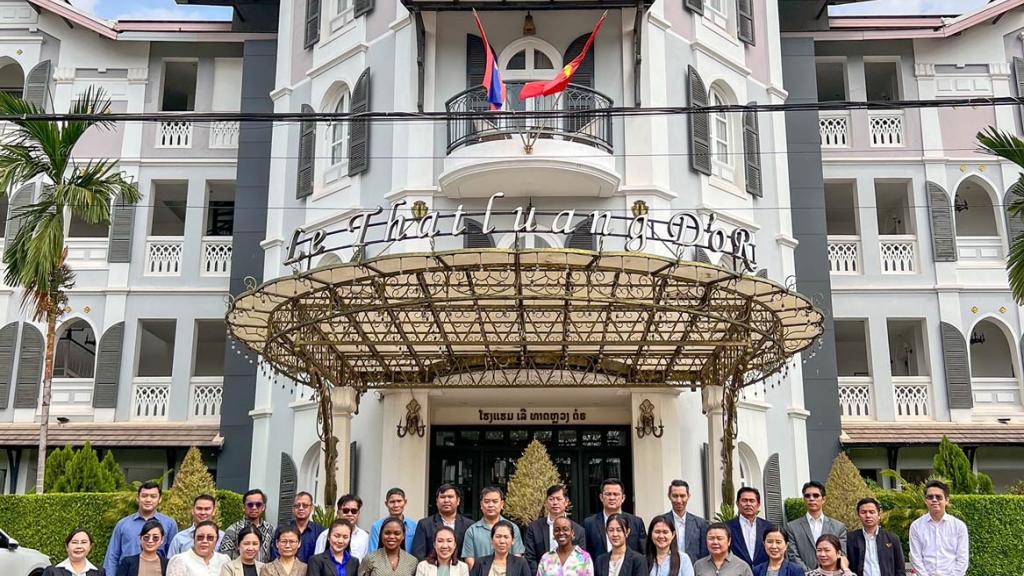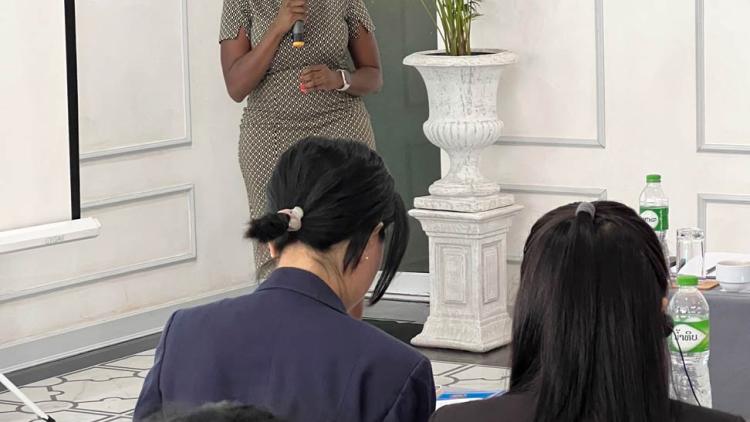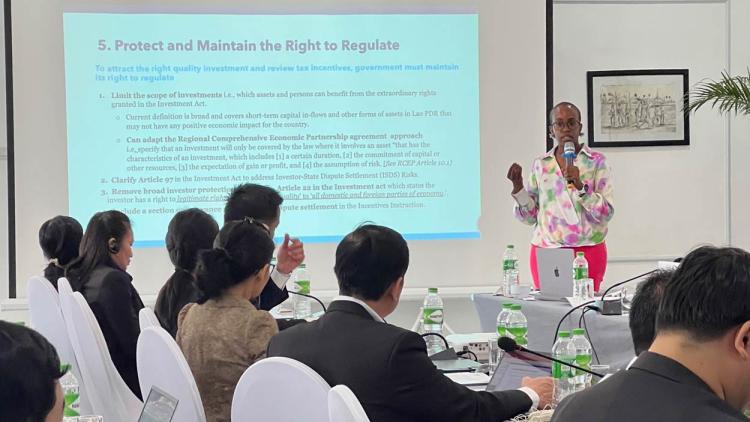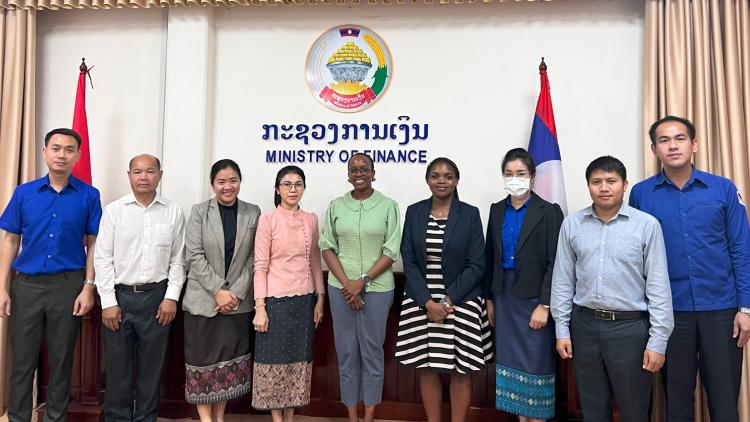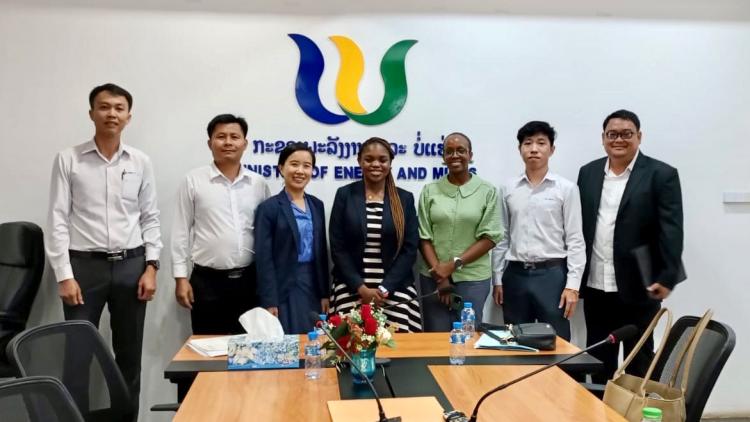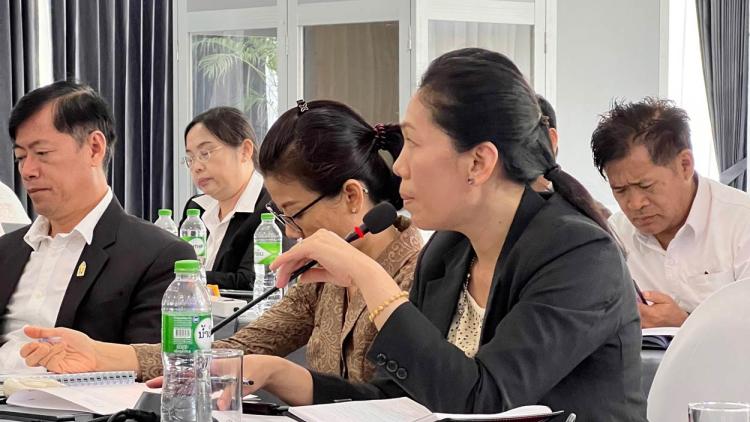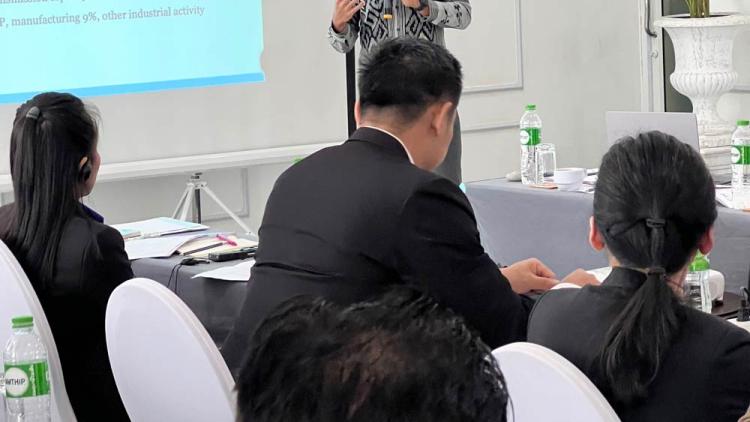Rethinking Incentives for Sustainable Investment in Lao PDR
A high-level capacity-building workshop for government officials in Lao PDR.
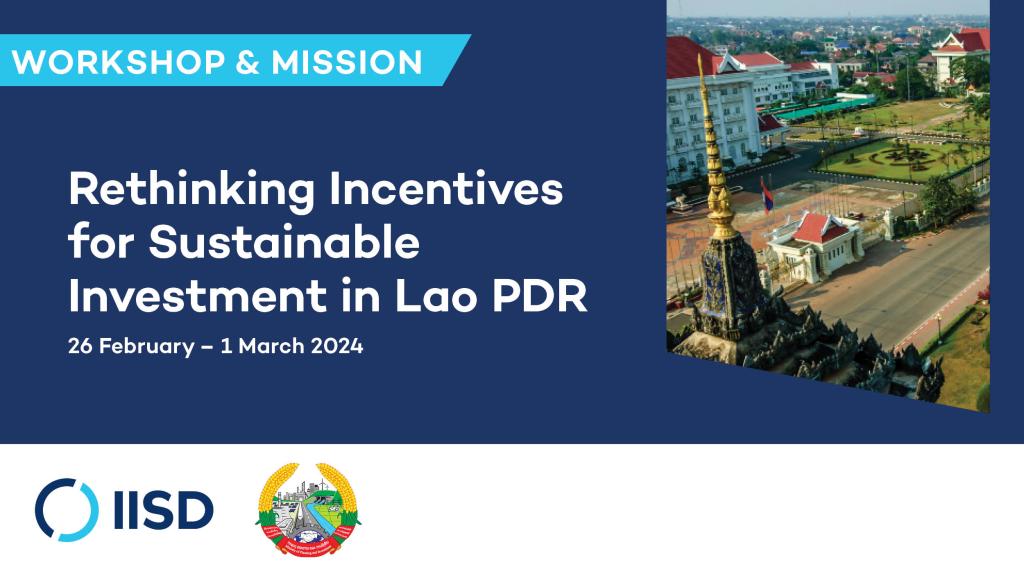
This cross-discipline workshop delivered by IISD’s Taxation and Investment Law and Policy teams built on IISD advice and guidance for Lao PDR related to the ongoing reforms to its investment promotion law and the use of profit-based incentives. The workshop focused on building government capacity on the design and use of tax incentives as an investment promotion tool and provided an opportunity for inter-ministerial dialogue on the potential reforms to the laws governing investment and granting incentives in the country. In total, 32 delegates from 21 government ministries and agencies participated in the workshop.
During this mission, representatives from IISD’s taxation and investment teams explored the potential for a long-term technical assistance program for Lao PDR. IISD met with officials from four government ministries and their respective agencies to get a deep understanding of the county’s challenges and priorities in relation to tax incentives and sustainable investment promotion.
